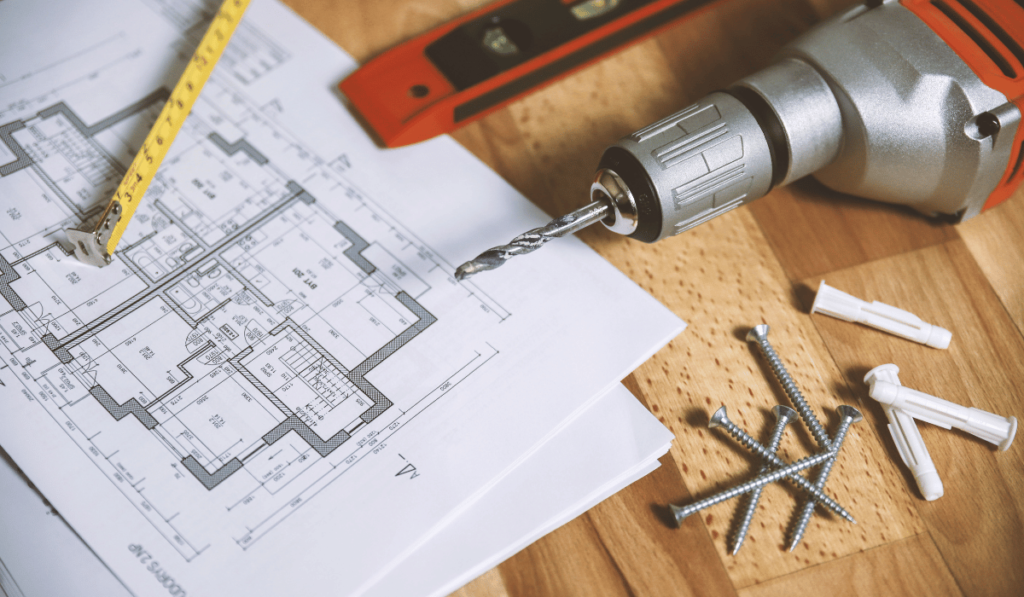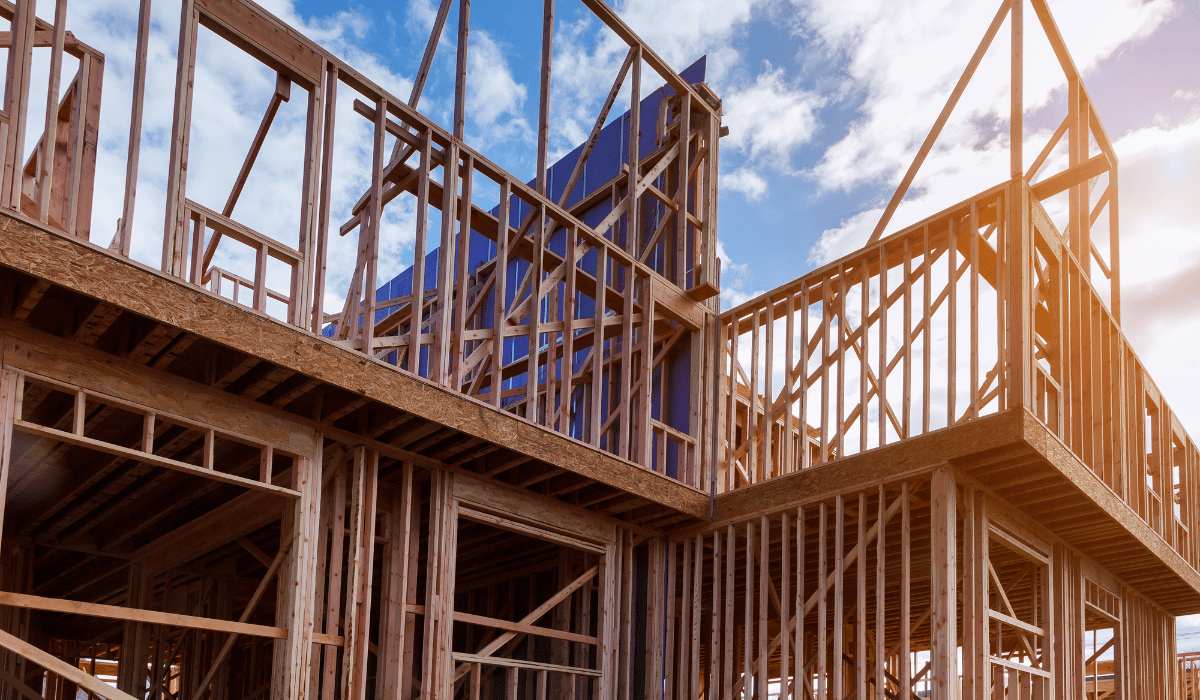Renovation vs. New Construction: Which is Better for Your Investment Portfolio?
Real estate investment offers many opportunities to grow wealth, but one crucial decision stands out: should you renovate an existing property or invest in new construction? Understanding the pros and cons of each option is essential to making the right choice for your investment portfolio. This article explores the factors influencing this decision, helping you…

Real estate investment offers many opportunities to grow wealth, but one crucial decision stands out: should you renovate an existing property or invest in new construction? Understanding the pros and cons of each option is essential to making the right choice for your investment portfolio.
This article explores the factors influencing this decision, helping you determine the best path forward based on your specific needs and goals.
Understanding the Investment Landscape

Investing in real estate can be approached through various strategies, including flipping, buy-and-hold, and rental properties. Each plan offers unique benefits and challenges, and the choice between renovation and new construction can significantly affect their success.
Understanding the fundamentals of real estate investment and how renovation and new construction fit into these strategies is the first step toward making an informed decision.
Renovation: Pros and Cons

Pros of Renovation
- Potential for Higher ROI: Renovating an existing property can often yield a higher return on investment, especially if the property is purchased below market value. This potential for a significant ROI can be a source of optimism for your investment journey.
- Faster Time to Market: Renovations typically take less time than new construction, allowing you to start generating income sooner.
- Leverage Existing Infrastructure: Using existing structures can save on costs and take advantage of established utilities and layouts.
- Opportunity to Create Unique Properties: Renovations allow for creative customization, making the property stand out in the market.
- Potential for Historic Tax Credits: Properties with historical significance may qualify for tax incentives, reducing the overall renovation costs.
Cons of Renovation
- Hidden Costs and Surprises: Unexpected issues, such as structural problems or outdated wiring, can increase costs and delays.
- Permitting Challenges: Securing permits for renovations can be time-consuming and complicated, especially in historic districts.
- Longer Renovation Time Than Anticipated: Renovations often take longer than expected due to unforeseen complications.
- Potential for Overinvestment: There is a risk of spending too much on renovations, leading to lower-than-expected returns.
New Construction: Pros and Cons

Pros of New Construction
- Complete Control Over Design and Materials: New construction offers full control over the property’s design, materials, and layout.
- Modern Amenities: New properties can be built with the latest technologies and amenities, attracting higher-quality tenants.
- Energy Efficiency: Modern construction techniques and materials can make new buildings more energy-efficient, reducing operational costs.
- Potential for Higher Rental Income: New properties often command higher rental rates due to their modern features and appeal.
- Less Maintenance Initially: New buildings typically require less maintenance and repairs in the early years.
Cons of New Construction
- Higher Upfront Costs: The initial investment for new construction is usually higher than for renovations.
- Longer Construction Timeline: Building a new property takes time, delaying the potential income stream.
- Potential for Economic Downturns Impacting Market: Market conditions can change during construction, affecting property value and rental demand.
- Competition from Other New Builds: New construction projects often face competition from similar properties entering the market.
Factors to Consider
When deciding between renovation and new construction, it’s crucial to conduct a budget analysis. This responsible approach ensures you understand your available budget and financial flexibility, making you feel prepared for the investment journey ahead.
Additionally, assess the timeframe for return on investment to determine how quickly you need to see returns. Finally, investigate local regulations and incentives, including zoning laws, building codes, and available incentives, to ensure compliance and take advantage of potential benefits.
Conclusion
Choosing between renovation and new construction depends on a thorough analysis of your specific situation, goals, and market conditions. Both options offer unique advantages and challenges, and the best choice varies based on individual circumstances. Consulting with professionals and conducting detailed research will help ensure you make the right decision for your investment portfolio.
Are you looking to make the best decision for your real estate investment? Green Ocean Property Management is here to help. Our team of experts provides full-service property management solutions to help maximize your investment returns. Contact us today to start your journey toward a successful real estate investment.
We Fix Chimneys too!
In the video above, you can see that Jarrett Lau is up on the roof. Last Saturday morning, we had a little issue with the chimney that deteriorated out. Masonry is really important to check it all the time so you can avoid these types of issues, especially if it looks worse than…
Home Renovation: An Expert Guide
In most renovations, you’re going to hear nightmare stories of general contractors that don’t show up, the subcontractors having issues, delays with materials, every excuse under the sun. These stories result in project delays. When it comes to investment property renovations, time is the equivalent to money. Green Ocean’s Renovation Process …
How to Choose the Right Rental Property Management Company for Your Passive Income Goals
Choosing the right property management company is one of the most important decisions a real estate investor can make. They will act as an extension of you, the owner. Having a skilled property manager who shares your investment goals and priorities can help maximize returns and make passive income through rental properties a true reality. …







